‘It’s heartbreaking when a child dies, but there are more happy moments than sad ones’
Liz Arnott is a social worker at Bear Cottage in Manly, and spends every working day with kids who are living with life-limiting illnesses
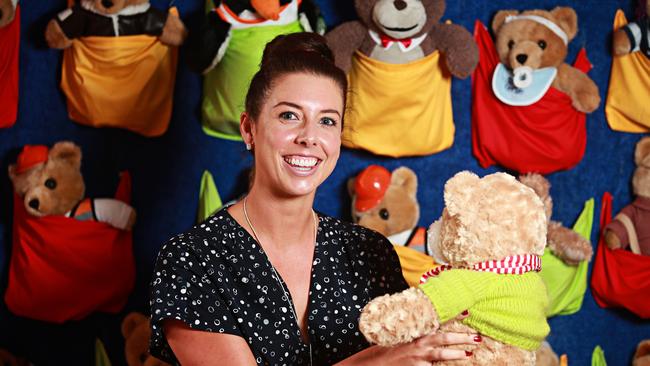
Manly
Don't miss out on the headlines from Manly. Followed categories will be added to My News.
- Morning tea at 'marvellous' kids' hospice
- Woman's fight for daughter's dying wish of an adult Bear Cottage
I ORIGINALLY wanted to be nurse, but I cut myself and passed out, so I realised it wasn’t possible.
My first job was as a check-out chick in a supermarket. I was always a good listener and helped people talk through things they were struggling with.
My manager’s third child, a son, was diagnosed with a life-limiting illness. He got the phone call about the diagnosis at work and burst into tears. I sat with him and we talked. We often talked about what he was going through and the ultimate decision he made to give up his child to foster care.
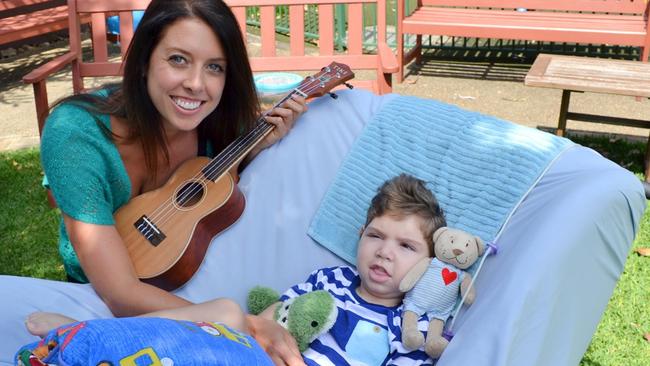
From that experience I realised that I loved being able to support people and to give back. Here was this father who was struggling with his decision and a child who needed the health system’s support to live.
I completed a Bachelor of Social Work at the University of Sydney, as well as postgraduate qualifications in management, disability, holistic wellness, grief, loss, and bereavement.
I’ve worked at Bear Cottage for three years. Part of my role is supporting families coming in for respite and end-of-life care.
Respite is for children who will die before they are 18. The families come here to recharge and have a break, and they can access Bear Cottage for up to four weeks a year.
Each day brings challenges, but also joy. There are more happy and beautiful moments than sad ones.
I get to help these children live life to the fullest and make memories. We had a child who just wanted to have fish and chips on the beach because she had never done it, and we were able to take her down to Manly and do it. The aquarium, the zoo or a ferry ride for these kids — it’s their bucket list.
We care for children and their families for a period of time after a child has died.
The Clifton Gardens room is a dedicated purpose-built cooled bedroom inside Bear Cottage where a child stays immediately after they have died. Families are empowered to individualise their child’s after-death care and negotiate how and when to say goodbye.
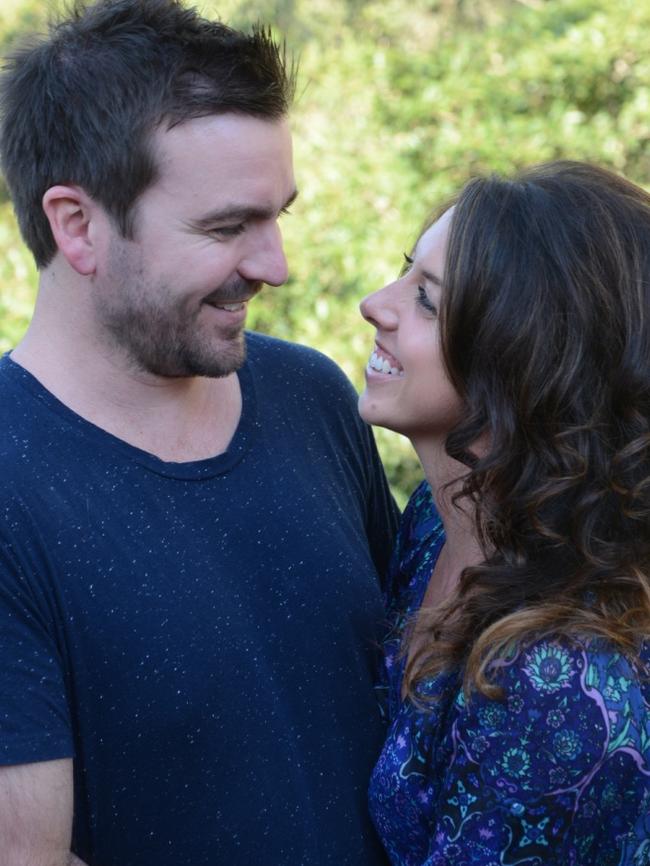

My role is to support families with not only their emotions, but to help plan for the funeral and return to their changed “normal”.
I try not to take it home with me and I try to remind myself that at the end of the day it’s a professional relationship, but I’m not going to deny that it’s heartbreaking when a child dies.
A death affects the whole team significantly. About a week after, we have a clinical debrief to talk about the relationship we had with the child and the family, any medical things we need to review and the care we provided to that child.
Then we reflect on our own emotions. It’s my role to support staff, but it helps me validate my own feelings.
I am supported with clinical supervision by an external social worker. I can take issues to them and talk in a supported environment.
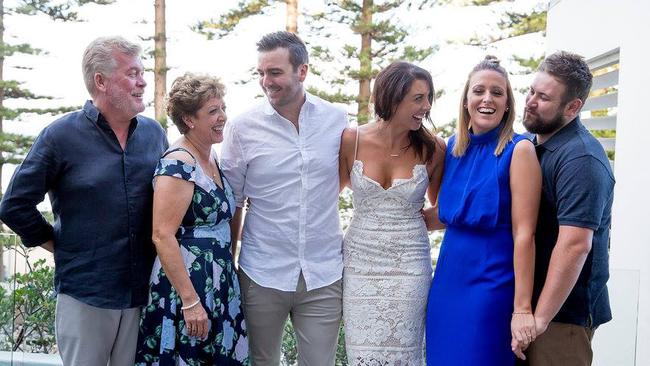
The reflective things I’m involved in may take their toll eventually, but having that clinical supervision with a professional social worker, I’ll be able to go through things as they come up and also to have the support to identify if I can’t do this forever.
There’s a term we use in the health world called “self care” and there are a few things I put in place to support myself in my role.
I’m big on exercise. I do pilates, stand-up paddle-boarding, surfing and running. In summer, I do ocean swimming coaching with a charity called Can Too.
I teach adults to conquer their fears of swimming in the ocean; then they compete in an event in January.
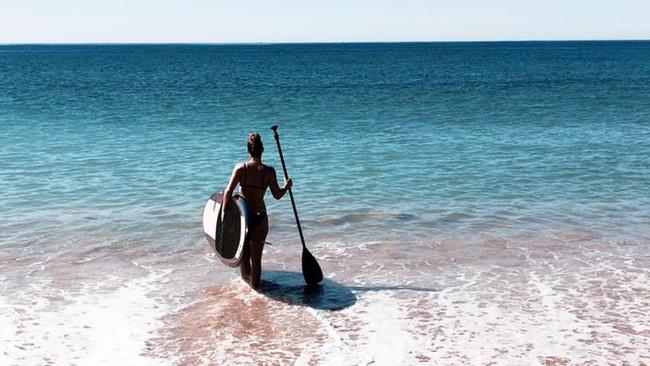
Being here, I’ve also learnt it helps to surround yourself with positivity and supportive relationships.
My friends are all very supportive, but I do keep boundaries intact. They often say it takes a special person to do what I do and it does — it’s not work for everyone.
We often talk about how working in a hospice keeps me grounded. Supporting patients with a life-limiting illness or going through the dying process reminds us all of the importance of life.
I’m getting married this year and my partner Dean is really supportive. I can come home and he just knows something’s happened at work. We don’t need to talk about it and we can just be together. Often I will say, “this has happened at work”, but I don’t always want to burden him with it either.
I lived in Hong Kong for a short time for Dean’s work, before moving to the northern beaches. There’s something about the beaches that captures your heart and soul — it’s a place where I want to live and raise a family.


